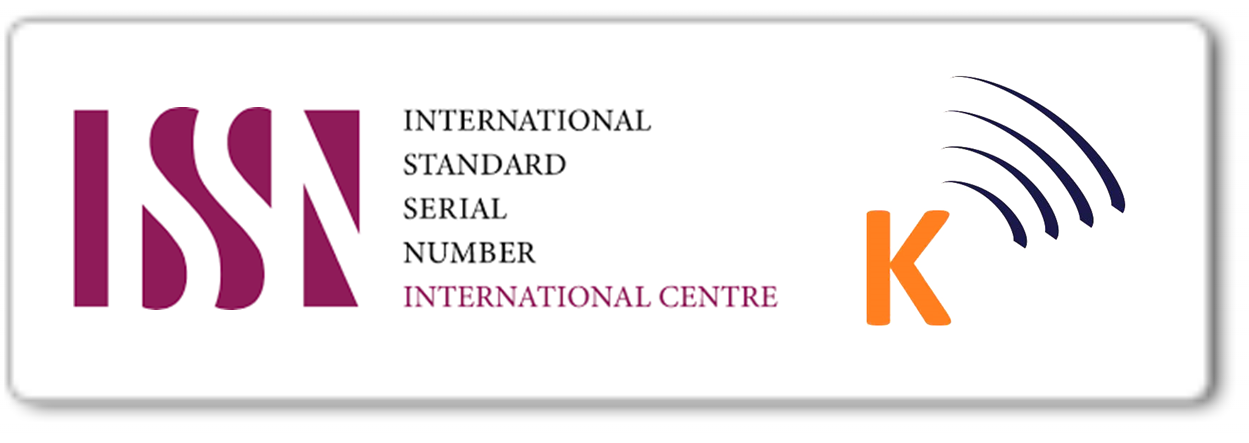Teacher Educators and Trainee Teachers' Attitude toward Online Teacher Education Courses
Keywords: attitude, online teacher education courses, teacher educators, teacher trainees, Bangladesh open university
Abstract
The purpose of the study was to explore the attitude toward Online Teacher Education Courses (OTECs). To that end, this study was carried out over the teacher educators and trainee teachers of Bangladesh Open University. Here, teacher educators represent the faculty members of the School of Education (SoE) of Bangladesh Open University (BOU), and trainee teachers represent the Master of Education (M.Ed.) and Bachelor of Education (B.Ed.) students of BOU. A mixed research approach with triangulation was used to conduct the study with a descriptive survey, two Focus Group Discussions (FGDs), and one key personnel interview. Data were collected from a total of 602 teacher trainees (182 were M.Ed. students and 420 were B.Ed. students) and 12 teacher educators, selected through multiple sampling techniques. The data revealed that the teacher educators and trainee teachers had a positive attitude towards online courses since the mean score of faculty members, M.Ed., and B.Ed. students of BOU were 3.60, 381, and 3.81, respectively. Considering all these aspects, this study suggested that SoE/BOU needs to decide rationally to shape its future Online Teacher Education Courses (OTECs). This research contributes to the basement of new knowledge through an explorative study with all the possible stakeholders covering the whole country of interest.
Downloads
References
Adnan, M., & Anwar, K. (2020). Online Learning amid the COVID-19 Pandemic: Students' Perspectives. Online Submission, 2(1), 45-51.
Ali, M. S., Haque, A. E., & Rumble, G. (1997). The Bangladesh Open University: Mission and promise. Open Learning: The Journal of Open, Distance and e-Learning, 12(2), 12-28.
Bakogianni, E., Tsitouridou, M., & Kyridis, A. (2020). MOOCs in teachers’ professional development: examining teacher readiness. Academia, (18), 9-40.
Bestiantono, D. S., Putri, Z. R. A., & Cheng, T. H. (2020). Online Learning amid the COVID-19 Pandemic: Students’ Perspectives Muhammad. Journal of Pedagogical Sociology and Psychology, 2(1), 45-51.
Caruth, G. D. (2013). Demystifying mixed methods research design: A review of the literature. Online Submission, 3(2), 112-122.
Chowdhury, S. A., Arefin, S., & Rahaman, M. (2018). Impacts of ICT integration in the higher education classrooms: Bangladesh perspective. Journal of Education and Practice, 9(32), 82-86.
Creswell, J. W. (2012). Educational research: Planning, conducting, and evaluating quantitative and qualitative research (4th ed.). Pearson Education, Inc.
Daniel, S. J. (2020). Education and the COVID-19 pandemic. Prospects, 49(1), 91-96.
Emine, C. A. B. I., & Kalelioglu, F. (2019). A fully online course experience from students’ perspective: readiness, attitudes and thoughts. Turkish Online Journal of Distance Education, 20(3), 165-180.
Graff, M. (2003). Cognitive style and attitudes towards using online learning and assessment methods. Electronic Journal of e-Learning, 1(1), 21–28.
Islam, M. A., & Islam, M. N. (2008). Effectiveness of different medium of education to imparting knowledge at Bangladesh Open University. Turkish Online Journal of Distance Education, 9(1), 44-53.
Jamlan, M. (2004). Faculty opinions towards introducing e-learning at the University of Bahrain. International Review of Research in Open and Distributed Learning, 5(2), 1-14.
Krejcie, R. V., & Morgan, D. W. (1970). Determining sample size for research activities. Educational and psychological measurement, 30(3), 607-610.
Lee, J. A., & Busch, P. E. (2005). Factors related to instructors’ willingness to participate in distance education. Journal of Educational Research, 99(2), 109–115.
Leech, N. L., & Onwuegbuzie, A. J. (2007). An array of qualitative data analysis tools: A call for data analysis triangulation. School psychology quarterly, 22(4), 557.
Mishra, L., Gupta, T., & Shree, A. (2020). Online teaching-learning in higher education during lockdown period of COVID-19 pandemic. International Journal of Educational Research Open, 1, 100012.
Nwagwu, W. E. (2020). E-learning readiness of universities in Nigeria- what are the opinions of the academic staff of Nigeria’s premier university? Education and Information Technologies, 25(2), 1343–1370. https://doi.org/10.1007/s10639-019-10026-0
Panda, S., & Mishra, S. (2007). E‐Learning in a Mega Open University: Faculty attitude, barriers and motivators. Educational Media International, 44(4), 323-338.
Ponce, O. A., & Pagán-Maldonado, N. (2015). Mixed methods research in education: Capturing the complexity of the profession. International Journal of Educational Excellence, 1(1), 111-135.
Ranganathan, H., Singh, D. K. A., Kumar, S., Sharma, S., Chua, S. K., Ahmad, N. B., & Harikrishnan, K. (2021). Readiness towards online learning among physiotherapy undergraduates. BMC Medical Education, 21(1). https://doi.org/10.1186/s12909-021-02803-8
Sun, A., & Chen, X. (2016). Online education and its effective practice: A research review. Journal of Information Technology Education, 15. 157-190.
Toquero, C. M. (2020). Challenges and opportunities for higher education amid the COVID-19 pandemic: The Philippine context. Pedagogical Research, 5(4).
Wilson, D., Varnhagen, S., Krupa, E., Kasprzak, S., Hunting, V., & Taylor, A. (2003). Instructors’ adaptation to online graduate education in health promotion: A qualitative study. Journal of Distance Education, 18(2), 1–15.
Xie, X., Siau, K., & Nah, F. F. H. (2020). COVID-19 pandemic–online education in the new normal and the next normal. Journal of information technology case and application research, 22(3), 175-187.
Copyright (c) 2022 Md. Meraz Ahmed, Md. Rokonuzzaman, Md. Kamal Hossain

This work is licensed under a Creative Commons Attribution-NonCommercial-ShareAlike 4.0 International License.







